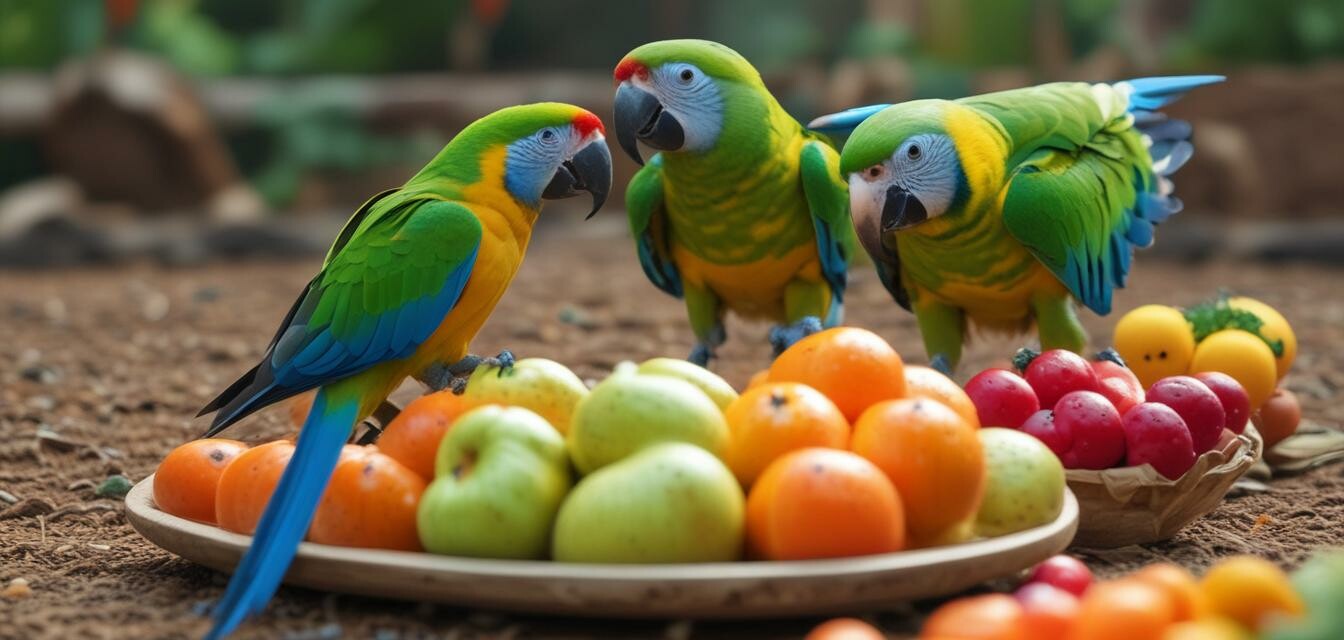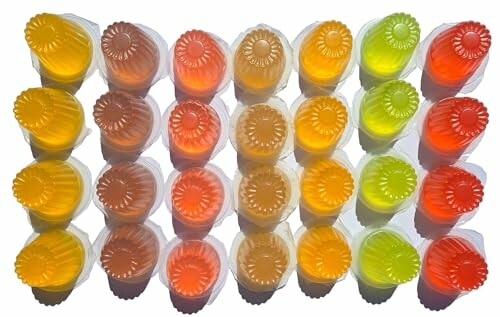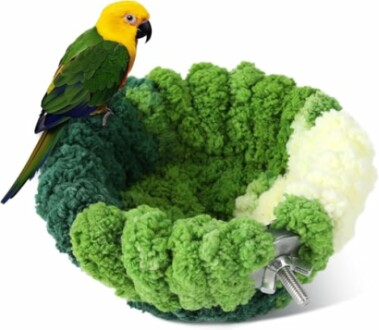
Essential Vitamins for Optimal Bird Health
- Vitamins A, D3, E, and B-complex are crucial for your cage birds’ overall health.
- High-quality bird food and supplements can provide essential nutrients.
- Fruits and vegetables are fantastic natural sources of vital vitamins.
- Regular check-ups and a balanced diet are key to a thriving bird.
Caring for your cage birds is vital for their happiness and longevity. One of the most critical aspects of this care is ensuring they're receiving the right vitamins. This article will detail the essential vitamins that contribute to optimal bird health and the best sources where these vitamins can be found.
Why Are Vitamins Important for Birds?
Vitamins play crucial roles in avian metabolism, supporting functions from vision and bone health to immune responses and feather production. Understanding their significance is key to providing the best care for your feathered friends.
Essential Vitamins for Cage Birds
| Vitamin | Benefits | Sources |
|---|---|---|
| Vitamin A | Essential for vision, skin health, and immune function. | Carrots, sweet potatoes, dark leafy greens. |
| Vitamin D3 | Supports calcium absorption for strong bones and feathers. | Sunlight exposure, fortified foods. |
| Vitamin E | Acts as an antioxidant, supporting immune function and healthy skin. | Nuts, seeds, and green vegetables. |
| B-Complex Vitamins | Support energy production, metabolism, and nervous system health. | Whole grains, legumes, leafy greens. |
Best Sources of Vitamins
In addition to commercial bird feeds that offer balanced nutrition, fresh fruits and vegetables serve as excellent vitamin sources. Some great options include:
- Carrots: Rich in Vitamin A; a preferred choice for your birds.
- Spinach: Packed with Vitamins A and E; a healthy addition.
- Bell peppers: High in Vitamin C; great for boosting immunity.
- Broccoli: Contains multiple vitamins, especially A and K.
- Hibiscus petals: A fun treat that provides Vitamin C.
Understanding the Role of Supplements
While fresh foods provide valuable vitamins, sometimes it's necessary to use bird supplements to cover any nutritional gaps. The inclusion of supplements, especially during times of stress, illness, or feather molting, can provide significant benefits.
Highlighted Product Recommendations
24 Fruit Cups Jelly Treats for Parrots
These fruity jelly pots are perfect as occasional treats, packed with vitamins and made from trusted brands.
Learn MoreCreating a Balanced Diet
Providing a well-rounded diet is a key component of bird care. This involves ensuring your birds receive adequate vitamins through a mix of fresh fruits, vegetables, proteins, and grains. It's important to adjust their diet based on the specific needs of their species.
Conclusion
Ensuring your cage birds receive the right vitamins is essential for optimal health and longevity. Incorporating a variety of fresh foods and quality supplements can help your feathered friends thrive. For more details on enhancing your bird's health, consider exploring our resources on cage bird health and care.
Pros
- Improves overall health and immune function.
- Supports feather growth and skin health.
- Encourages a longer lifespan in your cage birds.
Cons
- Over-supplementation can cause health issues.
- Some birds may be picky eaters.
Bird Nest for Cage
This plush hanging bird bed offers a safe and cozy retreat for your beloved birds.
Learn More
